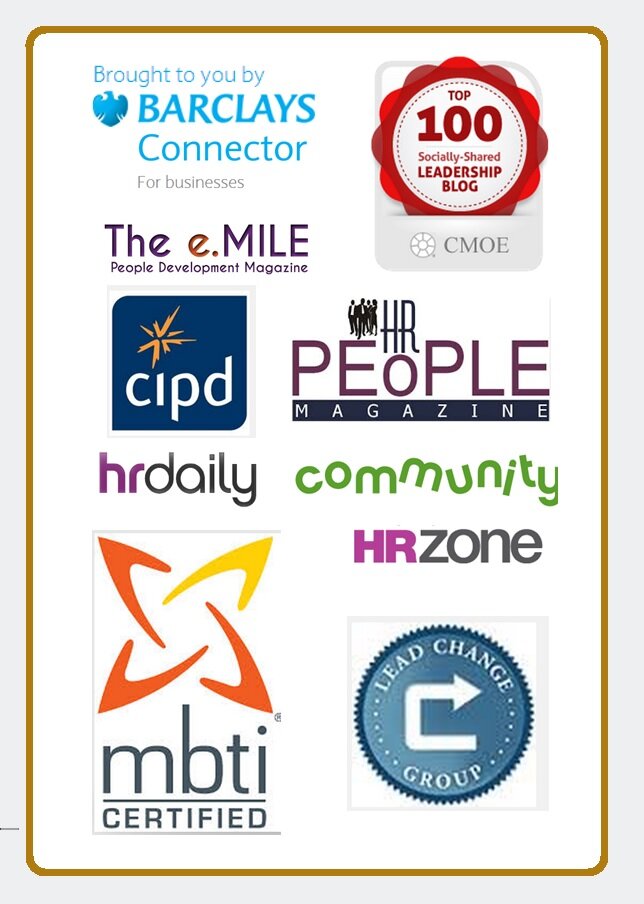|
Yesterday, I had some news which made me want to cry with frustration. This problem had come up a couple of times before, and I had, with much annoyance, sorted it out, and here it was again. I won’t bore you with the problem because problems are two a penny, and the real issue is what I did about it.I had always thought of myself as “A cup half full” person until about 15 years ago. I had an ability to identify and solve problems, and therefore make (what I thought) was a positive contribution to whichever world or organisation I was impacting upon at the time.It was in a session with a coach I had hired to help me make a particular transition in my life who brought that self-concept sharply into question. We had been talking about a situation in my life where I was explaining what was wrong and how I thought I had done all I could to make changes, when she looked me straight in the eye and said “You have a slightly negative outlook on the world don’t you think?”
The silence must have only lasted about 30 seconds but it felt like about an hour while I contemplated with horror what she had just said. In one fell swoop she uncovered one of the biggest blind spots in my life. In the moments that followed, I didn’t even try to deny it, the only words I could muster were “Do you really think so?” And she nodded. I felt like I had been punched. The horror I think was more acute, because I actually woke up in that moment and realised it was true. The pattern of my thinking and my self-concept had been mismatched for the majority of my working life up until that point and I’d had no idea until that moment. It was a defining moment for me because it made me look within, and thus the journey to uncover the largely unconscious and negative thoughts and beliefs in my mind began. For the next few years I worked at becoming conscious of my beliefs and thought patterns and it was amazing how judgmental I had been, not only of myself but others. During the journey, I uncovered many patterns I had acquired. For me ingrained beliefs and patterns of thinking are like well learned habits, which like tying shoelaces or riding a bike, you have learned so well they’ve become unconscious. When you try to go back to identify the sequence of the beliefs and thoughts it takes some effort to uncover them, and then some real practice to change the way you’ve habitually become used to believing and thinking. The journey has been painful and liberating and in the end totally empowering. I would love to say that I no longer participate in negative thinking but it’s a lifetime’s work I think for me. I now have strategies in place which can almost instantaneously change my thinking for the better, and some of my limiting beliefs at the same time. The barometer which measures my progress is my feelings. When I am feeling positive and peaceful emotions, I know my thinking is aligned with who I really am at my core. puts forward the idea that your emotions are a result of your intentions, unconscious or not. So when I started feeling anxious and fearful as a result of the problem. I realised that my intention in that moment was flawed. I was about to let my beliefs ideas and thoughts turn towards a victim mentality. “Why did this happen to me again?, it must be karma” Helplessness, “What if I can’t solve it?” When you see this pattern in black and white, it seems quite silly. But much of our suffering in life is because of the habitual default to our mostly unconscious negative fears, beliefs and thoughts about us. You may well have heard the quote “Pain is inevitable, Suffering is optional,” By the Japanese writer Haruki Murakami. If you put this with the quote by the Greek playwright, Aeschylus, “Happiness is a choice that requires effort at times.” In those two quotes you have the single choice, which can, if practised habitually, transform your life. It is making the choice to be happy, no matter what. So this is what I did about the problem yesterday.
I have this now down to a fine art. The whole process took about 5 minutes in all. All those years ago, it could have taken me 3 days to feel positive again after encountering such a problem. Progress indeed. If you’d like to read more about some of my methods I have learned over the years, sign up for my weekly blog and download your free e-book: The 6 Secrets of Great Emotional Intelligence” |
If you are a leader, you are continually developing and "Sharpening the Saw". If you lead and manage teams, then you must read about our Inspirational New Leadership Programme. Sign up now to find out more details when we launch in July 2014. There is no obligation to undertake the programme, if you sign up today, you will simply be sent more information about the programme. You can unsubscribe at any time! Click below to register for further information.




